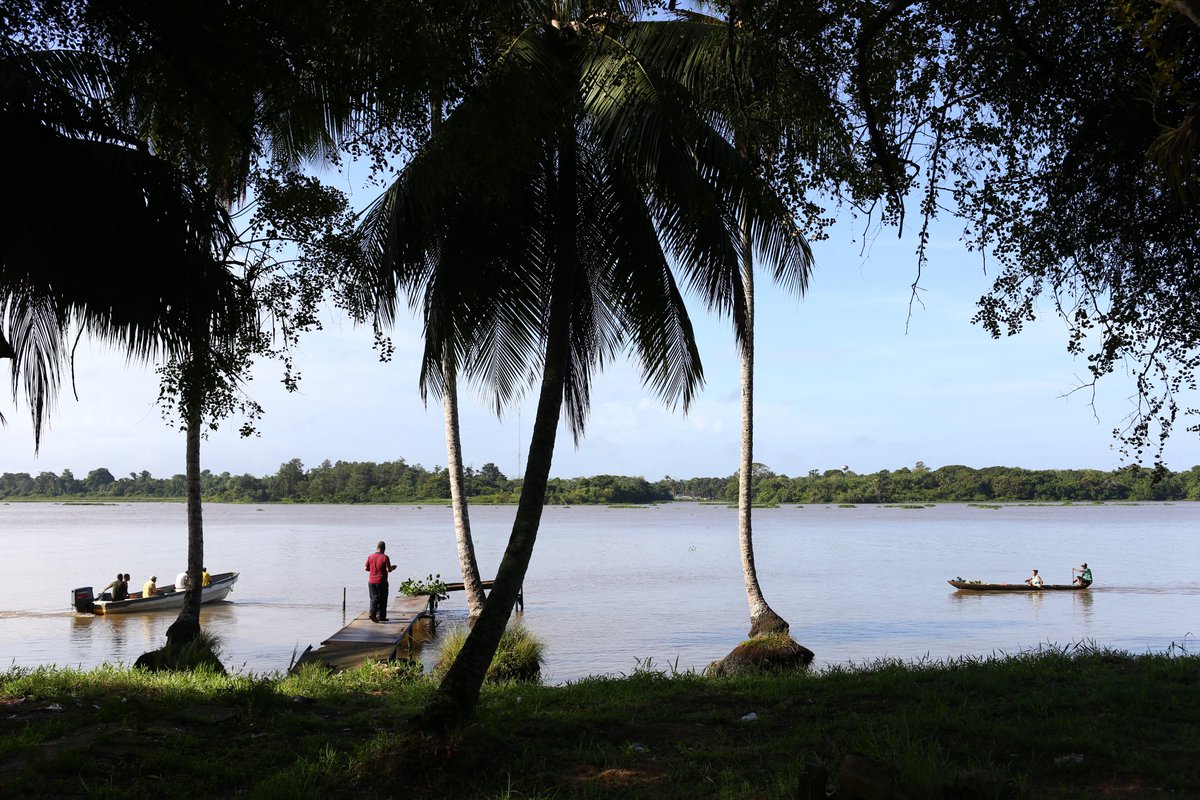My latest - How Cuba taught Venezuela to quash military dissent. We reveal the agreements that let the Cuban government remake Venezuela's security apparatus, including the feared DGCIM military counterintelligence unit: 1/9 reut.rs/2NlY19I
Under the secret 2008 agreements, Cuba would:
- Train Venezuelan military intelligence agents in Havana to infiltrate and control Venezuela's own armed forces
- Take charge of the “assimilation” and "modernization" of Venezuela's military units back home 2/9
- Train Venezuelan military intelligence agents in Havana to infiltrate and control Venezuela's own armed forces
- Take charge of the “assimilation” and "modernization" of Venezuela's military units back home 2/9

I spoke with over 20 ex-Venezuelan military and intelligence officials to trace the DGCIM’s evolution -- from the unit that arrested Chávez during his 1992 coup and conspired against him a decade later, to become Maduro’s key tool of repression against his own military. 3/9 

Once Cuba began its training, the DGCIM (then known as the DIM) embedded agents within barracks. They compiled dossiers on perceived troublemakers and reported any signs of disloyalty. The DGCIM tapped the phones of military commanders to listen for conspiracies. 4/9
A recent UN report accused the DGCIM of torture, inc. electric shocks, suffocation, waterboarding, sexual violence, and water/food deprivation. “Those days had no end,” one former DGCIM detainee told me, recalling his abuse. Over 200 soldiers remain in prisons like this one: 5/9 

The DGCIM's repression has been so fierce as to stem opposition pleas for a military rebellion against Maduro. “We have failed,” an opposition official, involved in attempts to broker talks with military leaders, told me. “We have nothing to offer to convince them.” 6/9 

In Cuba, most of the DGCIM’s training took place at the Arides Estévez Sánchez Military Academy (pictured) in western Havana. The DGCIM sent groups of 40 officers here for up to three months of espionage training. Cuba vetted the agents’ resumes first. 7/9 

Cuba also created a committee called the Coordination and Liaison Group of the Republic of Cuba (GRUCE) to send advisors to Venezuela to inspect military units. One former DGCIM agent said Cuban instructors in Venezuela drilled him with questions about his political beliefs. 8/9
Cuba's foreign minister in March said: “I strongly reject repeated and false accusations…of Cuban military ‘training,’ ‘controlling’ or ‘intimidating’ in Venezuela.” Maduro has said: “We are grateful to Cuba’s revolutionary armed forces. We…will always welcome them.” 9/9 

Thanks to @pauloprada for editing, and @petehausler for the cool design. Link again: reut.rs/2NlY19I
• • •
Missing some Tweet in this thread? You can try to
force a refresh










